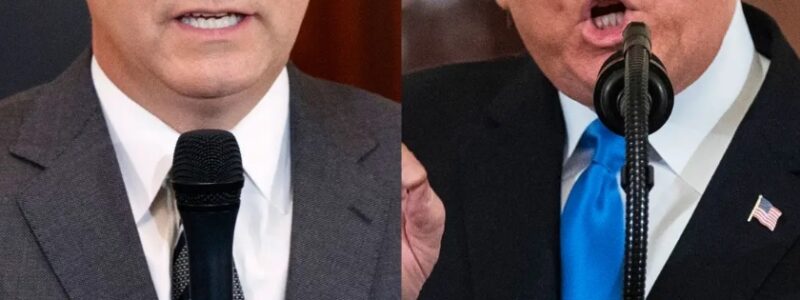Acosta Discusses Results Chalian
CNN anchor Jim Acosta sparked controversy this week by disputing President-elect Donald Trump’s reported popular vote win, only to face an on-air correction. Acosta, known for his frequent clashes with Trump, claimed that Trump had inaccurately boasted about a popular vote victory that "did not occur," implying the president-elect was misleading the public.
However, CNN political director David Chalian quickly pushed back, suggesting Trump could, in fact, end up with a popular vote win once all ballots were counted. Chalian emphasized that, while the exact margin might not align with Trump’s claim of 7.1 million votes, Trump’s lead in the popular vote appeared solid, as did his 312-226 Electoral College victory after sweeping all seven battleground states.
As of Wednesday, with nearly all votes counted, Trump led Vice President Kamala Harris by an estimated 3.1 million votes—a stark turnaround from the 2020 election and one that caught many media outlets off guard. During a speech to House Republicans earlier that day, Trump celebrated both his electoral and popular vote achievements, attributing the historic numbers to a shift in public sentiment and what he termed “a majority Republicans aren’t supposed to be winning.”
lol...wut? https://t.co/MOdkP0nv7r
— Bonchie (@bonchieredstate) November 13, 2024
However, even with the numbers trending in Trump’s favor, Acosta doubled down on his criticism, raising the subject again in a tense interview with Luis Figueroa, the Republican National Hispanic Assembly’s vice-chair. Acosta’s questions to Figueroa implied that Hispanic support for Trump could be self-destructive, alluding to past immigration policies and raising fears of “deportation camps” and mass detentions.
His remarks sparked an immediate response online, with many questioning the journalistic neutrality in framing Trump voters—especially Latino men—as acting against their own interests. Figueroa countered that many in his community were indeed focused on economic policies and security, issues he argued aligned with Trump’s campaign.
Acosta’s exchange with Figueroa and his challenge to Trump’s popular vote victory reflect a broader media reckoning in the aftermath of the election. While some media personalities and news outlets doubled down on critical narratives, the voter turnout among key demographic groups—particularly among Hispanic and working-class voters—suggests a shift that caught much of the mainstream press off-guard. For networks like CNN, facing significant viewership declines in recent years, these public disputes have done little to dispel the perception of partisanship.
With Trump’s victory confirmed in both the Electoral College and popular vote, and a clear sweep of the battleground states, his win has prompted a media landscape shift, pushing some commentators to reconsider their approach to coverage.
As CNN’s correction during Acosta’s segment illustrates, there may be a renewed push for accuracy and, perhaps, for a broader understanding of the issues driving voters across diverse communities. However, it remains to be seen whether this shift will influence long-term coverage trends or merely adjust narratives in the immediate post-election period.


